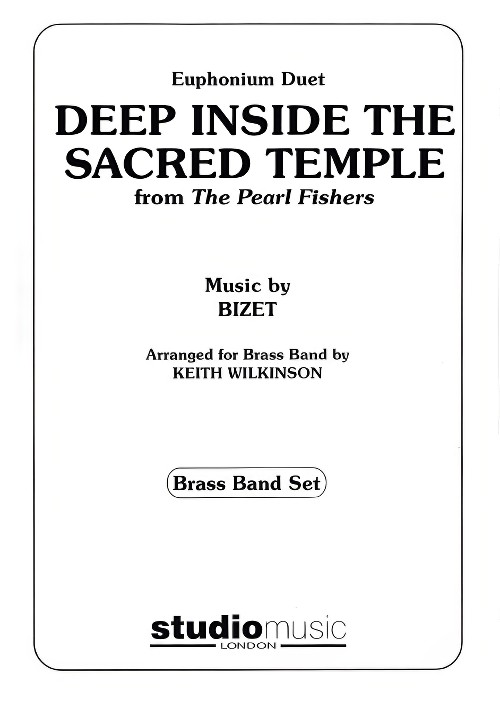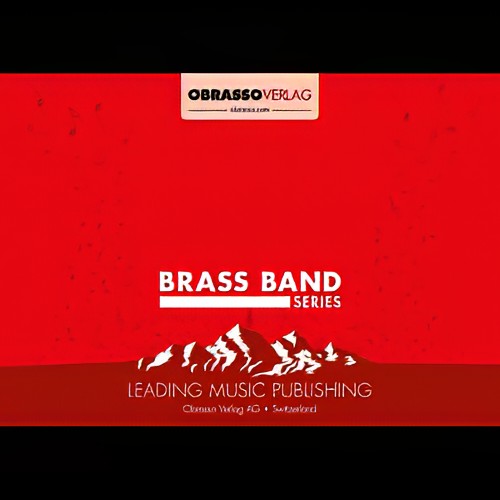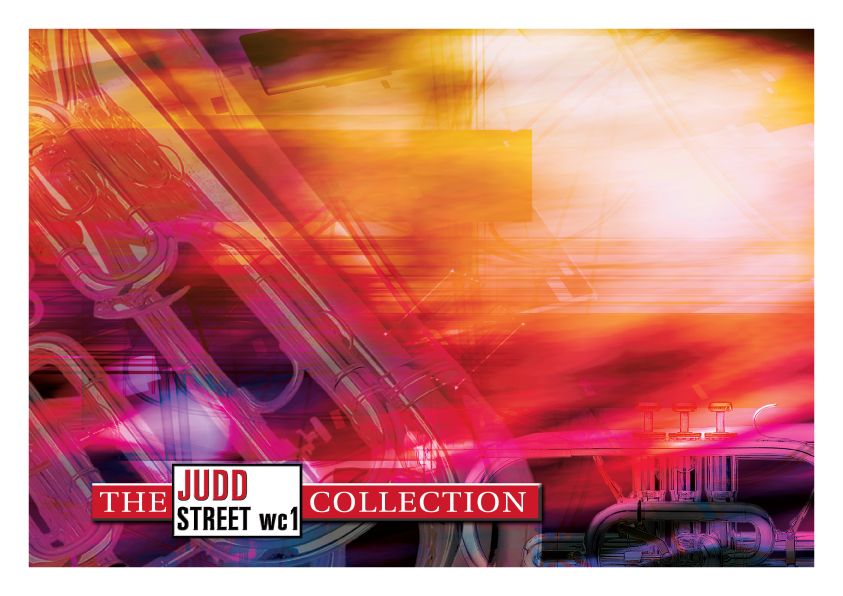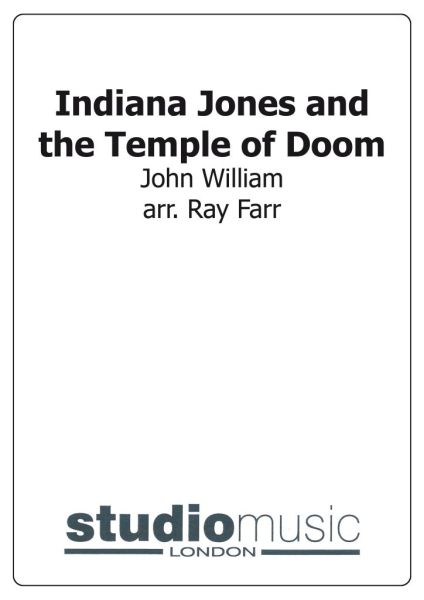Results
-
 £14.95
£14.95Exeter Temple (Brass Band - Score only) - Condon, Leslie
This march was written for the centenary of Exeter Tempe Corps in 1981 and first played in Exeter Cathedral during those celebrations. While the march is intentionally retrospective, the unashamed absence of modernity receives some splashes of colour from the styles of march 'kings' like Bramwell Coles, Arthur Gullidge, Albert Jakeway and George Marshall.
Estimated dispatch 7-14 working days
-
 £37.95
£37.95Deep Inside the Sacred Temple (Euphonium Duet with Brass Band) - Bizet, Georges - Wilkinson, Keith M.
Recorded on Polyphonic QPRL064D Midnight EuphoniumThis set includes a condensed/reduced score for the conductor
Estimated dispatch 7-14 working days
-
 £50.00
£50.00 -
 £56.00
£56.00Deep Inside the Sacred Temple (Euphonium Duet with Brass Band - Score and Parts) - Bizet, Georges - Richards, Goff
from The Pearl FishersDuration: 3.45
Estimated dispatch 7-14 working days
-
 £44.95
£44.95INDIANA JONES AND THE TEMPLE OF DOOM (Brass Band) - Williams, John - Farr, Ray
Recorded on Polyphonic QPRL084D Light as Air
Estimated dispatch 7-14 working days
-
£50.00
Ancient Temple - Ball, E
This work was commissioned specially for the Fourth Section of the 1971 series of Regional Qualifying Finals for the National Brass Band Championships of Great Britain4th Section +Duration 9 mins
In Stock: Estimated dispatch 1-3 working days
-
 £29.95
£29.95Judd: Exeter Temple
This march was written for the centenary of Exeter Tempe Corps in 1981 and first played in Exeter Cathedral during those celebrations. While the march is intentionally retrospective, the unashamed absence of modernity receives some splashes of colour from the styles of march 'kings' like Bramwell Coles, Arthur Gullidge, Albert Jakeway and George Marshall.
Estimated dispatch 7-14 working days
-
 £44.95
£44.95Indiana Jones and the Temple of Doom
Estimated dispatch 7-14 working days
-
£24.50
Make Me A Channel Of Your Peace - Sebastian Temple - Steven Hague
One of the most stunning hymn tunes in existence has been arranged by Stephen Hague in such a way that it shall warm the hearts of your audience. The hymn is featured endlessly on T.V. (BBC's Songs of Praise), and more famously at the funeral of Diana, Princess of Wales. With gorgeous harmonies and counter melodies for the entire band to participate in, this arrangement belongs in every bands library.
In Stock: Estimated dispatch 1-3 working days
-
 £38.95
£38.95Unity Series Band Journal - Numbers 490 - 493, February 2021
490: March - Resounding Praise (David Rowsell)This march features the chorus God is so good and the song Praise him! Praise him! Jesus our blessd Redeemer (S.A.S.B. 231)491: I want to live right (arr. Simon Gash)A fun setting of this popular song, the chorus I want to live right originally derives from a West Indian melody.492: Remember God is love (Ruben Schmidt)An uplifting arrangement of the Sunday School chorus When you see a rainbow, remember God is love, based on the English folk song Early One Morning.493: March - Temple 1 (Wycliffe Kortin)Featuring the songs They'll sing a welcome home (S.A.S.B. 534) and Christ the Lord is risen today (S.A.S.B. 218), this march was written for the Nairobi Central Corps' inauguration as a Temple, making it the first Salvation Army Temple in East Africa.
Estimated dispatch 7-14 working days
